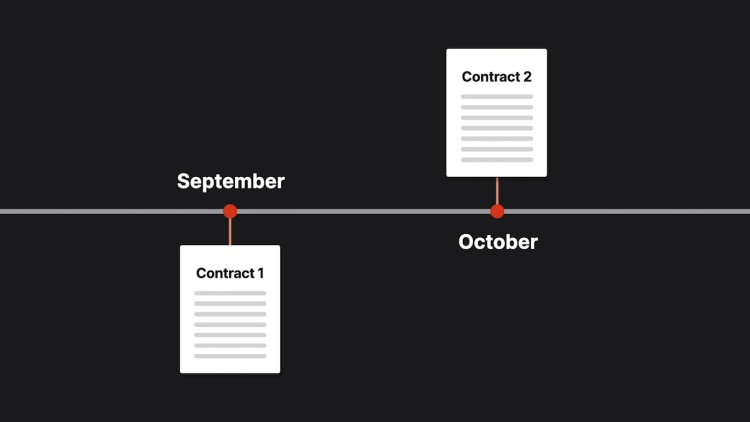Duray Development, LLC v. Perrin
Michigan Court of Appeals
288 Mich. App. 143, 792 N.W.2d 749 (2010)

- Written by Sean Carroll, JD
Facts
On September 30, 2004, Duray Development, LLC (Duray) (plaintiff) entered into a contract with Perrin (defendant), under which Perrin would excavate certain property that Duray owned. Subsequently, on October 27, 2004, Duray entered into a second contract that contained the same language and provisions as the Perrin contract and was meant to supersede the first contract. The second contract, however, was with Outlaw Excavating, LLC (Outlaw), and Perrin was not a party to the contract. Perrin, who had recently formed Outlaw and was Outlaw’s owner, signed the second contract on Outlaw’s behalf. Outlaw did not perform under the contract satisfactorily or timely, so Duray brought suit. During discovery, Duray learned for the first time that Outlaw had not officially become a “filed” limited-liability company (LLC) until November 29, 2004, after the parties signed the second contract. The trial court ruled in favor of Duray on the merits and ruled that Perrin personally owed damages to Duray, because Outlaw was not an LLC at the time the parties executed the contract. Perrin appealed, arguing that he was not personally liable because of the de-facto-corporation and corporation-by-estoppel doctrines.
Rule of Law
Issue
Holding and Reasoning (Per curiam)
What to do next…
Here's why 907,000 law students have relied on our case briefs:
- Written by law professors and practitioners, not other law students. 47,100 briefs, keyed to 996 casebooks. Top-notch customer support.
- The right amount of information, includes the facts, issues, rule of law, holding and reasoning, and any concurrences and dissents.
- Access in your classes, works on your mobile and tablet. Massive library of related video lessons and high quality multiple-choice questions.
- Easy to use, uniform format for every case brief. Written in plain English, not in legalese. Our briefs summarize and simplify; they don’t just repeat the court’s language.





